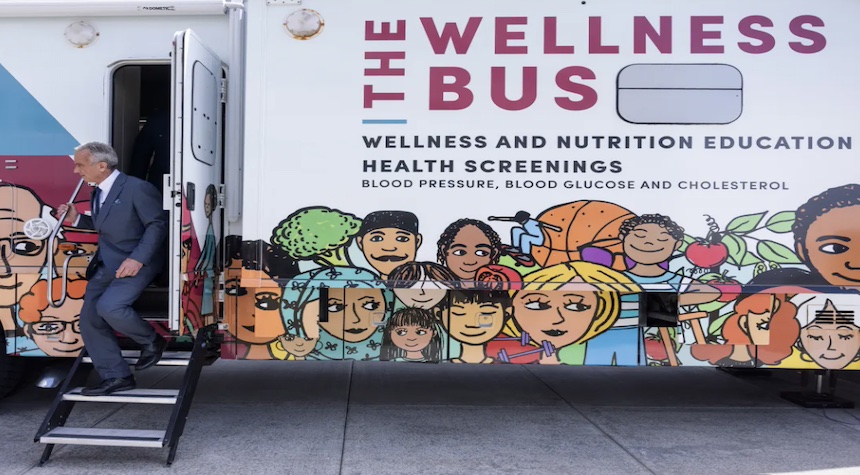U.S. Health and Human Services Secretary Robert F. Kennedy Jr. is urging medical institutions to intensify their commitment to nutrition education. He is specifically calling on medical schools and residency programs to ’embed rigorous, measurable nutrition education at every stage’ of their curricula.
Kennedy, in a recent opinion column for The Wall Street Journal, expressed his belief that the medical community must overhaul its standards, implementing robust and meaningful nutrition competency requirements across all stages of medical training. Education Secretary Linda McMahon is reported to back his demands.

Kennedy claims poor dietary habits contribute to more than half a million preventable deaths annually from heart disease, stroke, and diabetes. This raises important questions about the readiness of our medical professionals to address the nation’s dietary health crisis.
The medical community has been hesitant to tackle this problem. Kennedy cited a 2022 survey published in the Journal of Wellness, reporting that medical students receive, on average, a mere 1.2 hours of formal nutrition education each year. He further noted that even among students pursuing nutritional education degrees, the figure is a scant 2.9 hours a year.
You May Also Like: Phones Off: Sweeping Restrictions Hit Students in 17 States as Classes Resume
Kennedy has been using his position in the Trump administration to address several health-related issues. Last month, he lauded the International Dairy Foods Association for its plans to phase out many artificial food dyes. The Health and Human Services Department has also announced plans for reforming the nation’s organ transplant system.

In his column, Kennedy argued that good nutrition could significantly help combat the chronic disease epidemic. According to Kennedy’s words, ‘Heart disease, diabetes, obesity, and other diet-related illnesses kill 7 out of 10 Americans and consume nearly 90% of a healthcare budget that’s more than $4 trillion a year.’ He added that at the root of this crisis is nutrition and that proper nutrition counseling can prevent and even reverse chronic disease.
In conclusion, Kennedy urges swift action, stating, ‘The chronic disease epidemic is the most urgent and costly health crisis in America today. We can’t afford another decade of delay. Reforming medical education to put nutrition at its core will equip the next generation of doctors with the tools to restore the health of our nation, to make America healthy again.”

